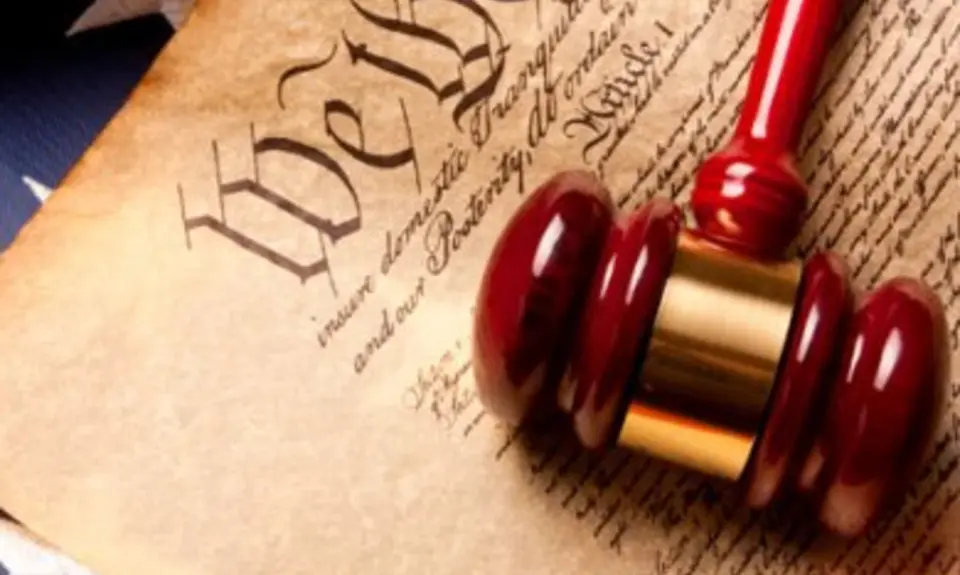Since last year's Windsor decision striking down DOMA, one federal district court after another has struck down bans against marriage equality. Many of those rulings are being appealed. Today, for the first time, a federal appeals court has entered the national conversation, with a powerful opinion upholding the right of same-sex couples to marry.
The ruling by a three-judge panel of the Tenth Circuit concludes that denying gays and lesbians the right to marry violates the Fourteenth Amendment's Due Process Clause (by denying a fundamental right to marry) and Equal Protection Clause (by making that right depend on a classification – the sex of the couple – that bears little if any relation to the state's purported goals).
Under Due Process, a law denying a fundamental constitutional right is subject to strict scrutiny: It can survive only if it's narrowly tailored to serve a compelling government interest. Similarly strict scrutiny is required under Equal Protection for a classification that impinges on a fundamental right. (The court doesn't address one of the law's unanswered questions, which is whether any law discriminating against lesbians and gays should be subject to heightened scrutiny.)
The state of Utah put forth several arguments relating to reproduction and child-rearing, but the court pointed out that:
each of the appellants' justifications rests fundamentally on a sleight of hand in which same-sex marriage is used as a proxy for a different characteristic shared by both same-sex and some opposite-sex couples. Same-sex marriage must be banned, appellants argue, because same-sex couples are not naturally procreative. But the state permits many other types of non-procreative couples to wed. ... Same-sex marriage cannot be allowed, appellants assert, because it is better for children to be raised by biological parents. Yet adoptive parents, who have the full panoply of rights and duties of biological parents, are free to marry. As are opposite-sex couples who choose assisted reproduction.
...
[A] state may not satisfy the narrow tailoring requirement by pointing to a trait shared by those on both sides of a challenged classification.
For those who argue that the framers of the Fourteenth Amendment never intended for it to guarantee the rights of gays and lesbians, the court says:
Although courts may be tempted to suppose that the Due Process Clause protects only those practices, defined at the most specific level, that were protected against government interference by other rules of law when the Fourteenth Amendment was ratified ... such a view would be inconsistent with our law. A prime part of the history of our Constitution ... is the story of the extension of constitutional rights and protections to people once ignored or excluded. (internal quotations and citations omitted)
The opinion elaborates:
A generation ago, recognition of the fundamental right to marry as applying to persons of the same sex might have been unimaginable. A generation ago, the declaration by gay and lesbian couples of what may have been in their hearts would have had to remain unspoken. Not until contemporary times have laws stigmatizing or even criminalizing gay men and women been felled, allowing their relationships to surface to an open society. As the district court eloquently explained, "it is not the Constitution that has changed, but the knowledge of what it means to be gay or lesbian."
The three-judge panel stayed today's ruling until the Supreme Court can resolve the expected appeal, so the right to marry won't automatically be coming immediately to the other states in the Tenth Circuit (Colorado, Kansas, New Mexico, Oklahoma, and Wyoming). In fact, the same three-judge panel is still considering a constitutional challenge to a marriage ban in one of those states, Oklahoma. Oral arguments in the two cases were held just a week apart.
Utah could appeal today's panel decision to the entire Tenth Circuit, or it could instead go directly to the Supreme Court (which would decide for itself whether to hear the case).
